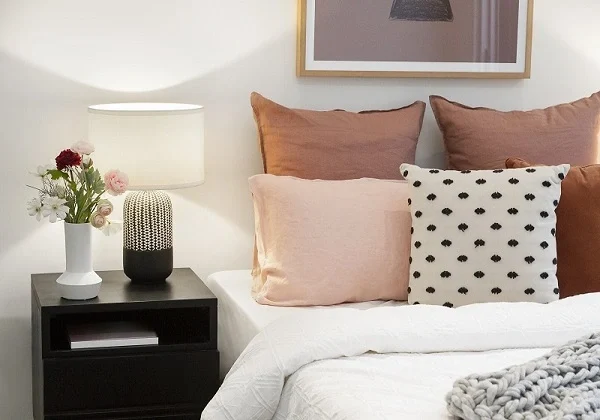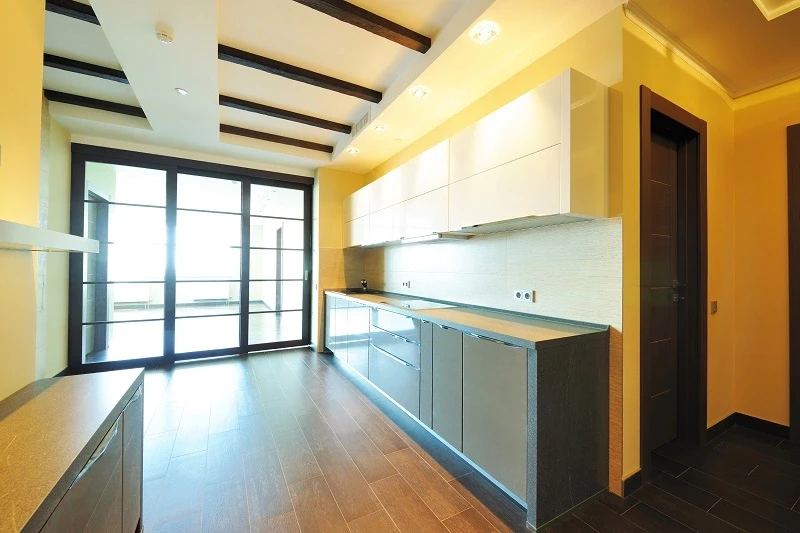What are the Income Tax Benefits from Co-Ownership of a Property by a Married Couple?

Families are the foundation of any society, and empowering families means empowering the community and the country. In order to promote ownership and co-ownership of houses by Indian families, the Indian Government has introduced several tax provisions to provide benefits to the husband and wife, as a couple, if they wish to co-own a property.
While there are obvious intangible benefits such as increased trust between spouses, enhanced understanding, sharing and future security etc., there are also several financial benefits. Some important tax benefits of co-ownership of a property with a spouse are enlisted below. However, there are also a few caveats that should be avoided when considering co-ownership.
Also note that in a situation wherein the wife has no income, a joint bank account can be opened solely for the purpose of buying a property. In this shared account, money can be individually pooled to show that both the co-owners have equal contribution in buying the house.
TAX BENEFITS UNDER SECTION 24
Section 24 of the Indian Income Tax Act provides tax benefits up to Rs. 2 lakhs, for individual homeowners, on a self-occupied property. This is provided to offset the lack of rent income derived from a self-owned property. If a house is co-owned by the husband and wife, then the tax benefits double, since Rs. 2 lakh tax rebate will be provided to both of them individually, which takes the total tax rebate to Rs. 4 lakhs. Fundamentally, it allows homeowners to avail tax exemptions on the interest amount of the home loan.
TAX BENEFITS UNDER SECTION 80EEA
Under Section 80EEA, both the co-owners of a self-owned home can get Rs 1.5 lakh tax benefits, each. This makes total tax saving of Rs. 3 lakh. Also, this deduction is over and above the deduction of Rs. 2 lakhs available under Section 24 of the Income Tax Act.
TAX BENEFITS UNDER SECTION 80C
Again, under Section 80C of the Indian Income Tax Act, Rs. 1.5 lakhs tax benefits can be availed by the husband and the wife for principal repayment, as co-owners of a self-occupied home.
RENT DIVISION
In the case that the co-owned home is being rented out, then the rent received will be divided between the two owners. And this means that each owner of the house will get tax benefits as their income will go down, and lower income tax slabs will be applicable.
MISTAKES TO AVOID WHEN OPTING FOR CO-OWNERSHIP
Ratio Unspecified
The ratio of the ownership needs to be clearly specified during the registry of the co-owned property. This ratio is important, since the tax benefits will be applied directly on the ratio of ownership.
Money Contribution
In case the couple who have co-owned a home wish to avail tax benefits in equal proportions, then it’s important to contribute money in the equal ratio as well. Hence, to avail equal and maximum tax benefits, both the husband and the wife need to contribute equal amount of money in buying the property.
As on 1st August 2021, in total, about Rs. 10 lakhs can be availed as tax benefits by co-owning a self-occupied home by a husband and wife under the different sections. These tax benefits can be availed by adding your spouse’s name as the co-owner of a self-occupied home or property. However, the above two mistakes when registering a home can lead to loss of the above-mentioned tax benefits.
Thus, carefully consider co-ownership and weigh the pros and cons before co-owning a property. The succession of a jointly-owned property is easy and effortless and also the tax benefits are doubled.









Ask a Question